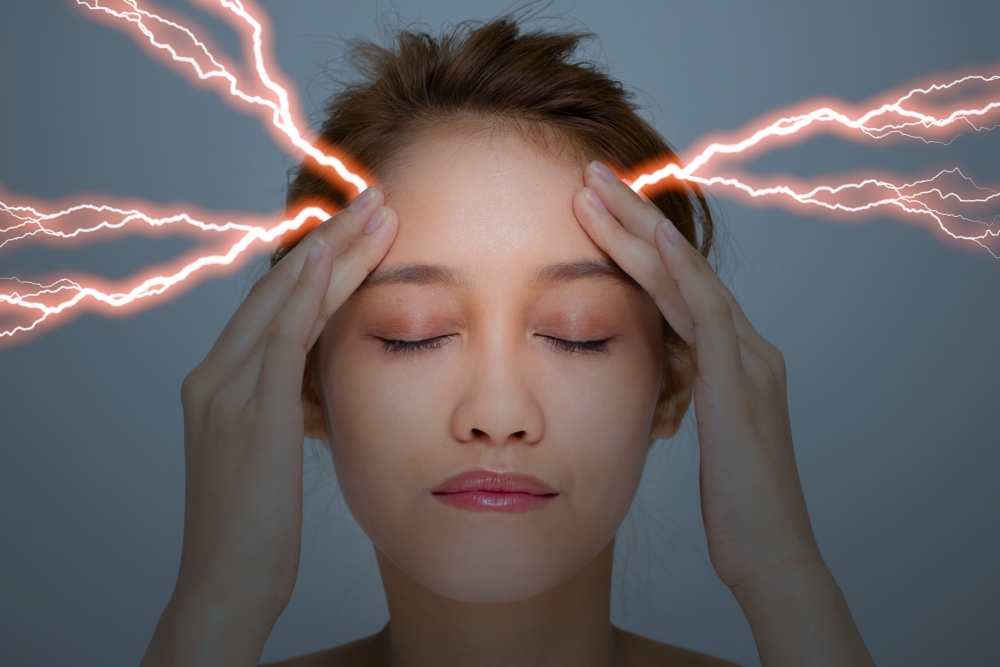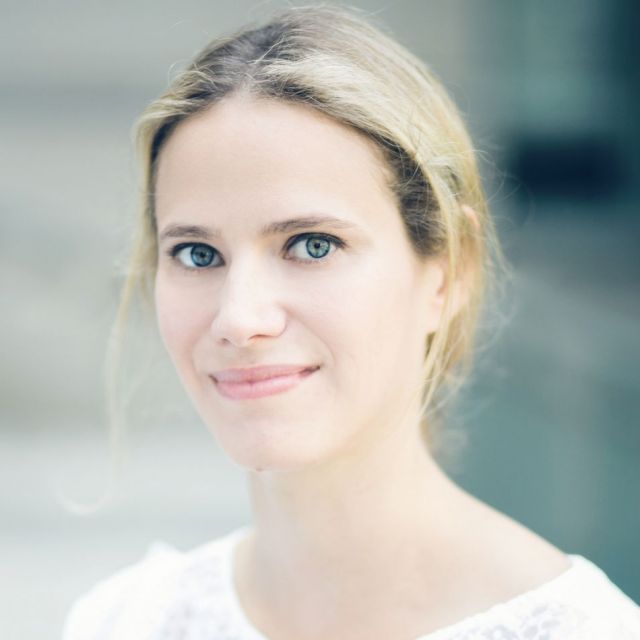
How Sexism Hinders Brain Research

Why does Alzheimer’s Disease afflict far more women than men? Why do some women report problems with memory and concentration during menopause?
Science can offer few answers, for a simple if frustrating reason: Over the decades, there has been relatively little research on the female brain. Emily Jacobs, associate professor of psychological and brain sciences at UC Santa Barbara, points to two main reasons for this discrepancy: Unfounded assumptions that have been passed down from generation to generation, and the fact that the vast majority of neuroscientists are men.
“I don’t think this pattern of overlooking women’s health was done out of malice,” she said. “It might be the result of indifference or obliviousness.
“Science is a human endeavor. The questions we ask and the way we design our studies are products of the people who get to ask the questions. Ultimately, scientists can’t answer questions they don’t see. For a field like neuroscience, where over 85 percent of tenured professors are men, it’s likely that menopause was never visible.”
Leila Rupp, a professor of feminist studies and interim dean of the Graduate Division at UC Santa Barbara, puts it more bluntly. “There’s a history of talking about women’s brains from a very misogynist perspective,” she said.
Rupp is organizer of the Feminist Futures Initiative, which is co-sponsoring a talk Jacobs is giving at 4 p.m. Tuesday, Oct. 26, in the UC Santa Barbara Library’s Pacific View Room. In “The Scientific Body of Knowledge: Whose Body Does It Serve?” Jacobs will discuss how the lack of female medical researchers has slowed progress in tackling women’s health issues, as well as her lab’s work on how hormones impact brain function.
Part of the library’s Pacific View series, the lecture is free and open to the public. It will also be livestreamed on the UCSB Library Facebook page.
“Pregnancy, the menstrual cycle, menopause: All of these features of women’s lives have been largely ignored by science,” Jacobs said. “That’s not just detrimental to women’s health; it’s detrimental to our basic understanding of the brain.
“Neuroscientists are often so taken by the complexities of the brain that we forget it is part of a larger biological system. Why should the brain care about what’s going on down in our ovaries, or, for men, testes? Well, it does, in a pretty major way. About half of the neurons in your prefrontal cortex—the area right behind your forehead — contain estrogen receptors.”
According to Jacobs, medical researchers have traditionally thought of the female brain — and to some extent, the female body — as in constant flux due to hormonal changes, and therefore “unknowable.” This notion that females are inherently more variable than males because of hormones “is unfounded by the data, and yet there’s this lore,” she said. “It also overlooks the fact that men also possess hormones.”
That misapprehension, she argued, has led to studies with flawed designs that fail to answer vital questions.
“One of the biggest challenges in neuroscience is to understand what happens to the brain as it ages,” she said. “Entire research programs have used an outdated model that takes a group of people 65 years and older and compares them to a group of young adults. But that number —65 — is a historical artifact that’s rooted in the average retirement age of wage-earners. It’s not based on biology.
“Although neuroscientists have learned a tremendous amount about the aging brain,” she added, “that research convention leapfrogs over menopause, and blinds us to the kind of changes that are unfolding earlier in the aging process.”
Jacobs and her team are attempting to fill that gap by studying how the female brain changes across the menstrual cycles, during pregnancy and over the menopause transition. She became fascinated by this area of research at UC Berkeley, where she earned her Ph.D.
“I was in a terrific lab that was investigating the role of dopamine in human brain function,” she recalled. “Studying for my qualifying exam, I stumbled upon a small pocket of work in rodents that found the amount of estrogen in a mouse’s body can modulate the amount of dopamine in the brain. I was floored. Few people in my field were thinking about sex hormones in that way.
“As I did more research on menopause, I realized this was systemic. Almost every aspect of women’s brain health is understudied relative to men,” Jacobs continued. “My lab is devoted to correcting course to ensure that men and women get the full benefit of our research efforts. I have brilliant Ph.D. students who have taken up the cause. That brings me such joy.”
While Jacobs is focused on looking at the brain and body holistically, Rupp is taking a similar approach with gender-related research here at UC Santa Barbara. The institute, launched in 2018, is forging links between researchers across campus whose work touches on feminist issues. The hope is that scholars from different disciplines can exchange knowledge and ideas and work collaboratively toward forging a better future.
“Those of us who came into feminism in the 1960s and 1970s want to connect with a younger generation of leaders and empower future feminist leadership,” Rupp said. “Our goal is to develop a Center for Feminist Futures that is intergenerational, intersectional, and sponsors impactful research and programming.”
To date, the initiative has sponsored or co-sponsored several dialogues on feminist issues, including a 2020 visit to campus by Anita Hill. The Division of Social Sciences, which sponsors the initiative, is about to launch a search for the first director of the future Center.
Rupp said she is thrilled to be asked to co-sponsor Jacobs’ talk, and Jacobs is equally excited by the collaboration. “I can’t wait to put our heads together,” she said, noting the need for cross-disciplinary research on the barriers faced by female scientists. “I’m tickled that they exist, and I can’t wait to join forces.”



